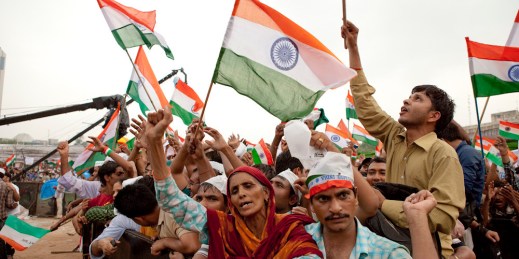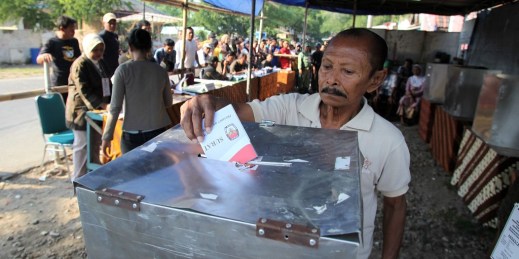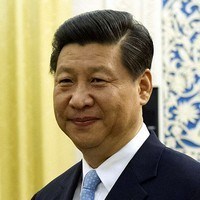
Corruption in the public sphere is typically defined as the use of public office for private gain, and in addition to undermining public faith in governmental legitimacy, it also carries a significant economic cost in terms of growth and development. Using data from 2001-2002, the World Bank Institute estimated that $1 trillion in bribes is paid every year and that addressing corruption would quadruple income per capita in the long term. Beginning in the 1990s, increased attention was paid to addressing corruption, with the lead primarily taken by governments, including the U.S., and international organizations, including the World Bank and […]



